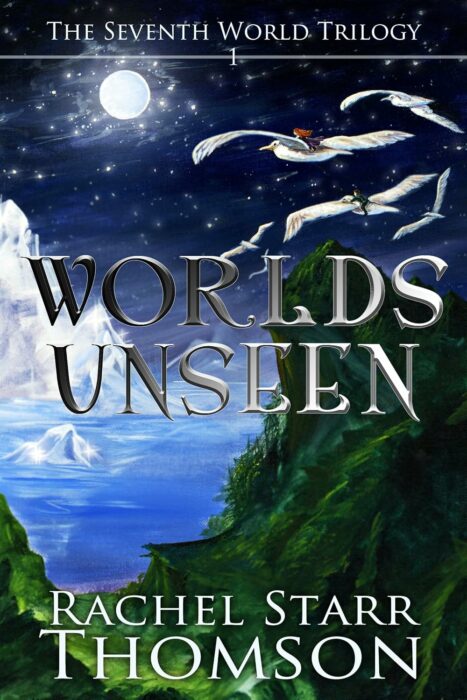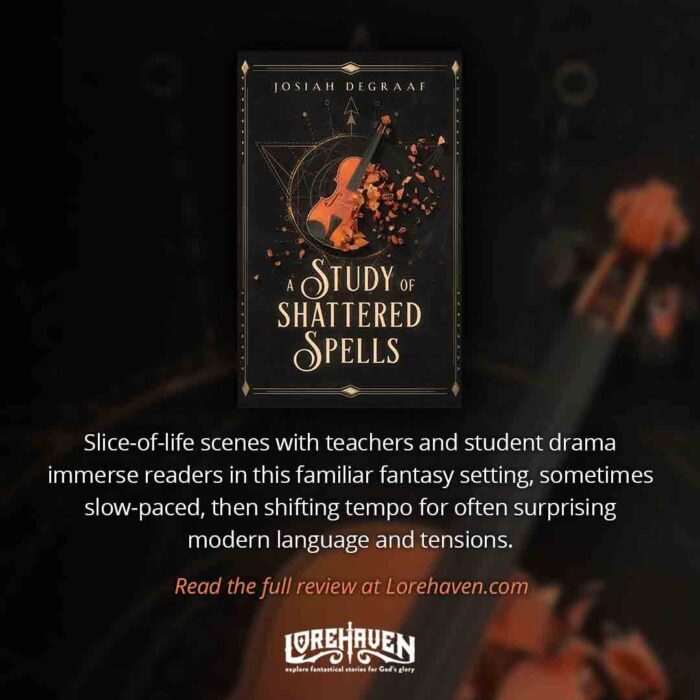
Worlds Unseen
The Council for Exploration Into Worlds Unseen believed there was more to the world and its history than the empire had taught them. Treating ancient legends as history, they came a little too close to the truth. Betrayed by one of their own, the Council was torn apart before they could finish their work.
Forty years later, Maggie Sheffield just wants to leave the past behind. Memories of the Orphan House where she grew up are fading; memories of her guardians’ murder are harder to shake. When a dying friend shows up on her doorstep bearing the truth about the Seventh World—in the form of a written covenant with evil—Maggie is sent on a journey that will change her forever. Along with the Gifted gypsy Nicolas Fisher, who hears things no one else can, Maggie joins with the last surviving members of the Council and a group of eastern rebels led by a ploughman and a princess to discover the truth.
It won’t be easy. The Seventh World has long been controlled by the Blackness, and its monstrous forces are already on Maggie’s trail.
Book 1 of the The Seventh World Trilogy series.
































Have you read Worlds Unseen ? Share your own review.